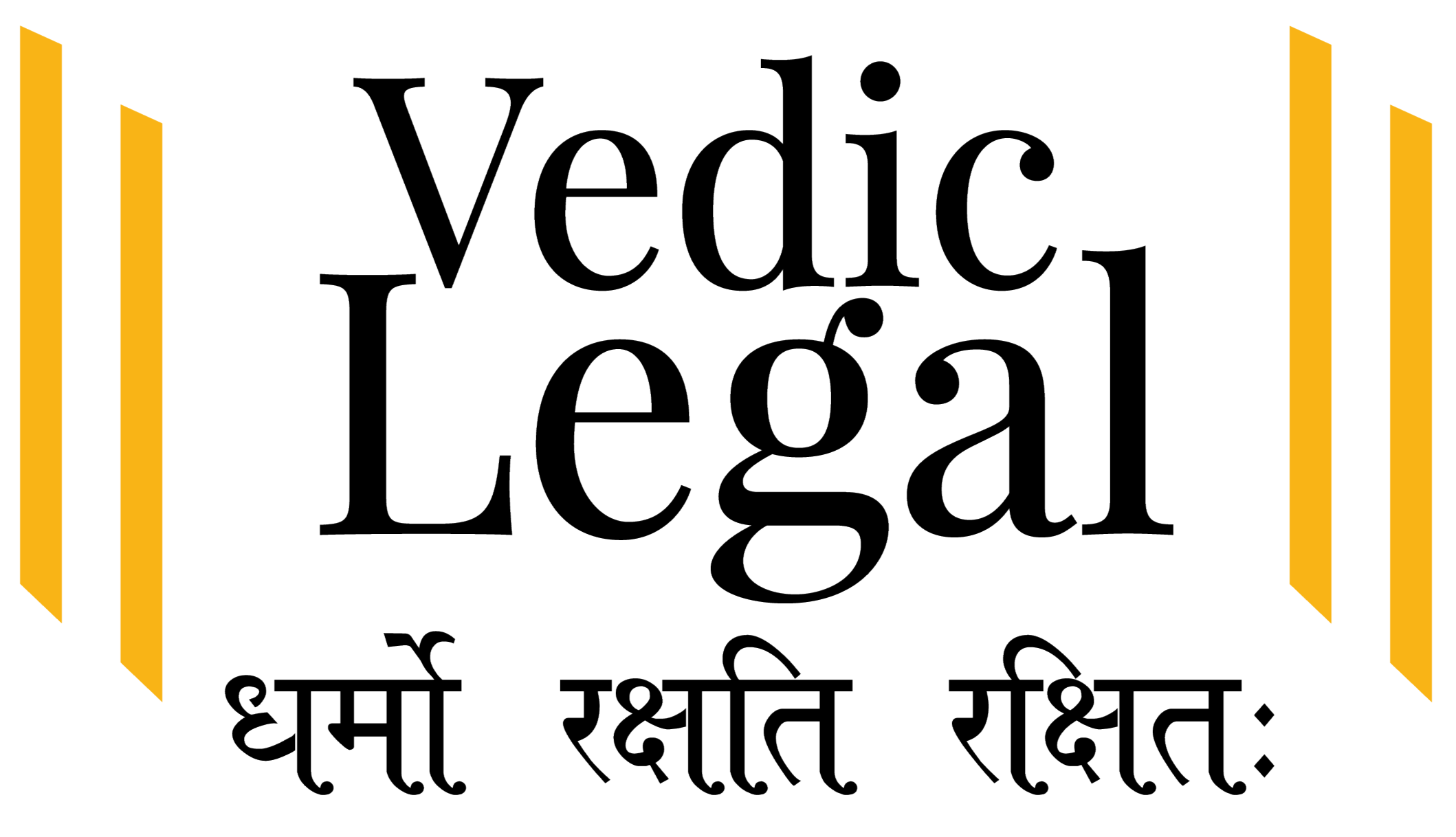Welcome to Vedic Legal, a partner in legal navigation. In this extensive blog post, we unravel the complexities surrounding banking disputes in India. From understanding the common causes of disputes to exploring the dispute resolution mechanisms, this comprehensive guide aims to equip you with the knowledge needed to navigate the intricate landscape of banking disputes.
Understanding Banking Disputes:
Banking disputes can arise from various transactions and interactions between banks and their customers. These disputes encompass a wide range of issues, including:
- Unauthorized Transactions:
- Cases where customers dispute transactions that they claim were unauthorized or fraudulent.
- Loan Disputes:
- Disputes arising from loan agreements, including issues related to interest rates, repayment terms, and loan recovery.
- Cheque Bouncing:
- Instances where cheques issued by customers bounce, leading to legal repercussions.
- Cyber Fraud:
- With the rise of digital banking, disputes related to cyber fraud, phishing, and online security breaches have become more prevalent.
Common Causes of Banking Disputes:
1. Lack of Transparency:
- Issues may arise when banks fail to provide clear and transparent information to customers regarding terms and conditions.
2. Mismanagement of Accounts:
- Errors or mismanagement by banks in handling customer accounts can lead to disputes.
3. Non-compliance with Regulations:
- Violation of regulatory norms by banks can be a significant cause of disputes.
4. Inadequate Customer Communication:
- Poor communication or lack of timely updates from banks can contribute to customer dissatisfaction and disputes.
Banking Dispute Resolution Mechanisms:
- Customer Grievance Redressal:
- Banks typically have internal grievance redressal mechanisms. Customers are encouraged to register their complaints with the bank before exploring external avenues.
- Banking Ombudsman:
- The Reserve Bank of India (RBI) appoints Banking Ombudsman to address customer complaints that are not resolved by the banks. The Banking Ombudsman acts as an impartial adjudicator in such cases.
- Consumer Courts:
- Customers can approach consumer forums to seek redressal for banking disputes. These forums are empowered to hear and resolve consumer complaints.
- Arbitration and Mediation:
- Alternative dispute resolution methods like arbitration and mediation can be explored for a faster and less formal resolution of banking disputes.
Legal Recourse in Banking Disputes:
When other dispute resolution mechanisms fail, legal recourse becomes inevitable. Here’s how Vedic Legal can assist you:
- Case Evaluation:
- Our team conducts a comprehensive evaluation of your case, considering all relevant details and legal aspects.
- Documentation and Representation:
- We assist in preparing and presenting your case, ensuring that all necessary documents are in order.
- Negotiation and Settlement:
- Where possible, we explore negotiation and settlement options to achieve an amicable resolution.
- Litigation Support:
- In cases requiring litigation, our experienced advocates provide robust representation before the relevant courts.
Navigating the terrain of banking disputes in India requires a nuanced understanding of financial regulations and legal mechanisms. At Vedic Legal, our commitment is to provide expert guidance and representation, ensuring that the banking dispute is addressed with the utmost professionalism.






